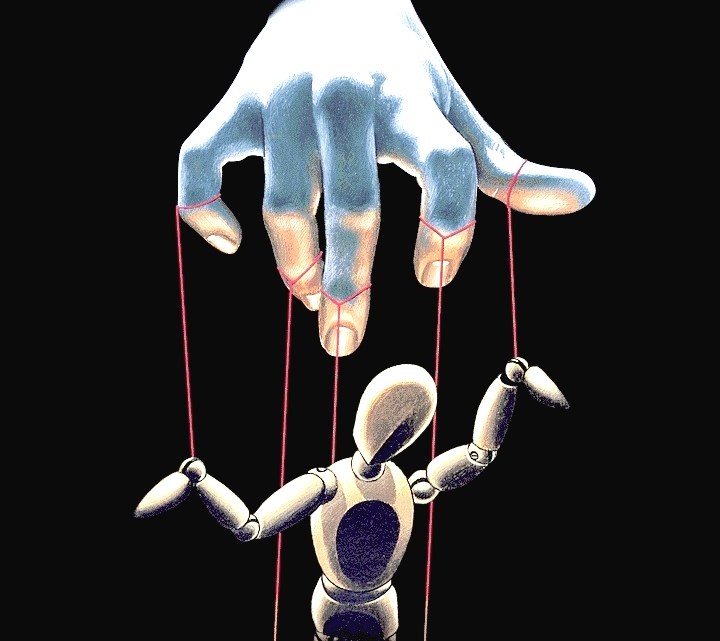
The politics of paralysed puppets

Globalisation didn’t force States to implement divisive public policies which have exacerbated inequalities and jammed the social ladder. The choice made by our successive governments to enact massive deregulation was deliberate, leaving the market as the sole arbiter of individual liberties and as the only generator of wealth and opportunity, albeit too often a source of social disasters and income regression. Over the last thirty years, globalisation has undeniably played a major role in the reduction of poverty in poor countries. It has also, however, made losers of our Western nations whose governments have not taken the corrective measures which have been a necessity. The sensitive issue of redistribution has not been tackled by these political figures, awestruck by the acceleration of international trade, the liberalisation of the flow of capital and the staggering technological advances which have since been allowed to be abused by the myth of market efficiency. Again, it’s not so much globalisation as it is grave errors in governance which have led successive governments to cut back on State spending, slash social funding, and even soften taxation on the most wealthy.
In fact, it was a decision made at the highest level of political and economic actors to liberate, to unbridle the “animal instincts”, for only they were capable of stimulating the free enterprise and risk-taking considered to be essential ingredients of the enrichment of society. Again, globalisation is in no way responsible for the emergence of a super-caste which is in pole position to pillage the rewards of said globalisation and intensive deregulation: executives, past and present, are to blame, convinced that this was the only way to increase their country’s attractiveness to foreign investors. Europe – and also the US – have very badly navigated this turn to globalisation which has come about merely at the expense of swathes of their population, unlike the Scandinavian countries – them too perfectly integrated into globalisation – which have adopted redistributive taxation worthy of the name. Germany itself, which seems now to harbour the most flagrant inequalities in the Union, was under no pressure from globalisation to refuse to appropriately tax inheritance and property. This was indeed a deliberate choice on its part to favour the concentration of wealth.
Likewise, it was not the “hidden powers” of globalisation which imposed austerity on many European nations, forced to drastically reduce their spending in order to try and pull themselves out of the depression. It is indeed the European criteria which put a knife to their throats and left them no other choice but to surrender to rampant competition in order to seduce foreign capital. In the case of competition between States – between partners of a single monetary union even -, it was not globalisation either which forced certain States to adopt fiscal measures which greatly favoured businesses – within the confines of unfair competition -, luring in multinational corporations as they searched for “honourable” tax havens. It was a conscious endeavour by certain nations to the detriment of their partners who were forced to compensate for this shortfall by intensifying taxation on their own middle classes.
In short, it’s not globalisation that is now responsible for the anaemic growth of our Western world, just like it isn’t globalisation that is at the source of the erosion of our quality of life. It is our public policies – or rather their howling deficiencies – which should be put on trial. It is therefore foolhardy to proclaim that globalisation makes politics impotent, since this same politics now finds itself reduced to a charade, and our politicians to paralysed puppets.
Dear readers,
This blog is yours: I maintain it diligently, with both consistency and passion. Thousands of articles and analyses are available to you here, some dating all the way back to 1993!
What were once considered heterodox views on macroeconomics have, over time, become widely accepted and recognized. Regardless, my positions have always been sincere.
As you can imagine — whether you’re discovering this site for the first time or have been reading me for years — the energy and time I dedicate to my research are substantial. This work will remain volunteer-based, and freely accessible to all.
I’ve made this payment platform available, and I encourage you to support my efforts through one-time or recurring donations.
A heartfelt thank you to all those who choose to support my work.